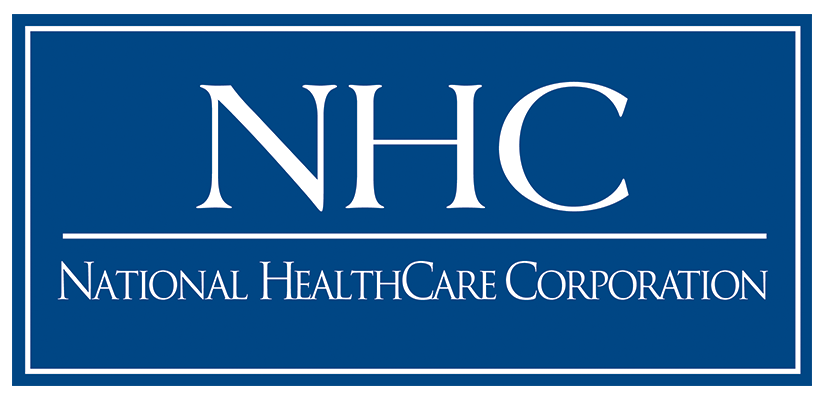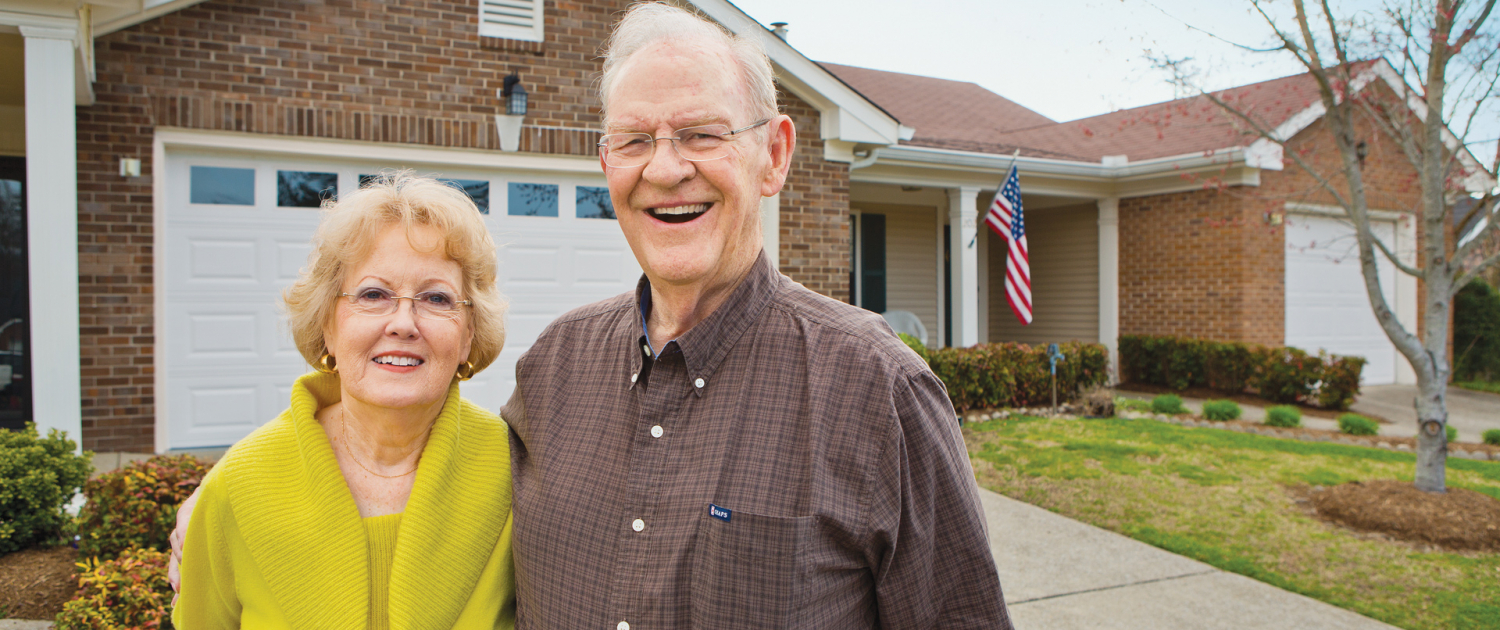Signs of Change in Older Adults
Holidays and longer visits offer an opportunity for long-distance caregivers and family members to personally observe older relatives. Family members who have not seen their loved one in a few months may be surprised seeing a parent looking frail or their home in disarray. Regular phone conversations don’t always give a true assessment of their loved one’s situation. Here are some signs it might be time to assess living arrangements.
Weight Loss. One of the most obvious signs of ill health, either physical or mental, is weight loss. The loved one might not have the energy to cook and clean up. Medications might change the way food tastes. Or there might be a health-related issue that needs medical attention. Balance. Lack of balance might lead to risk for falling. Pay attention to the way your parent walks. Difficulty getting up from a seated position or difficulty walking and or problems with mobility might be a sign of joint or muscle problems. Unexplained bruising could signal falls. Emotional Well-being. Some of the signs to look for are withdrawal from activities with others, changing sleep patterns, loss of interest in hobbies, lack of interest in normal home chores and changes in personal hygiene. The causes of these changes could be as wide-ranging as depression, dementia, or a health issue. Memory Loss. Modest memory problems are a fairly common part of aging, and sometimes medication side effects or underlying conditions contribute to memory loss. There’s a difference, though, between normal changes in memory and the type of memory loss that makes it hard to do everyday things such as driving and shopping. Signs of this type of memory loss might include: Home Maintenance. Pay attention to your parent’s home. Is the home neat? Are bills being paid? Is mail piled up? Is there scorched cookware or spoiled food? Is laundry piled up? Are there unexplained dents in their car? Be sure to check prescriptions and medications for expiration dates to make sure medicines are being taken regularly. If you see these signs, it might be time for a heart-to-heart conversation with your loved one about their circumstances, their concerns and the steps they would like taken to make things better. A health assessment appointment with their primary care physician might be the first step. Do they need extra help in their home or is it time to explore other residence options? Information that you might want to gather for future reference include: Your loved ones will want to be in control of their own lives. Ensure them that having systems in place will allow them to be independent and keep them safe.




Seniors and Mental Health Awareness: Promoting Well-being and Combating Loneliness
Family ResourcesStaying Hydrated This Summer: Tips and Refreshing Drink Recipes
Family ResourcesSummer is here, bringing with it longer days, warmer weather, and the need to stay hydrated. Proper hydration is essential, especially during the hot summer months when we tend to lose more fluids through sweat. Dehydration can lead to various health issues, including headaches, dizziness, and fatigue. To help you stay refreshed and hydrated, we’ve […]
Navigating the Journey: Supporting Yourself as a Family Member of loved one with Alzheimer’s
Family ResourcesCaring for a loved one with Alzheimer’s disease can be a challenging and emotionally taxing journey. As a family member, you play a crucial role in supporting your loved one through their Alzheimer’s journey while also taking care of your own well-being. At our NHC center, we understand the importance of providing comprehensive support […]